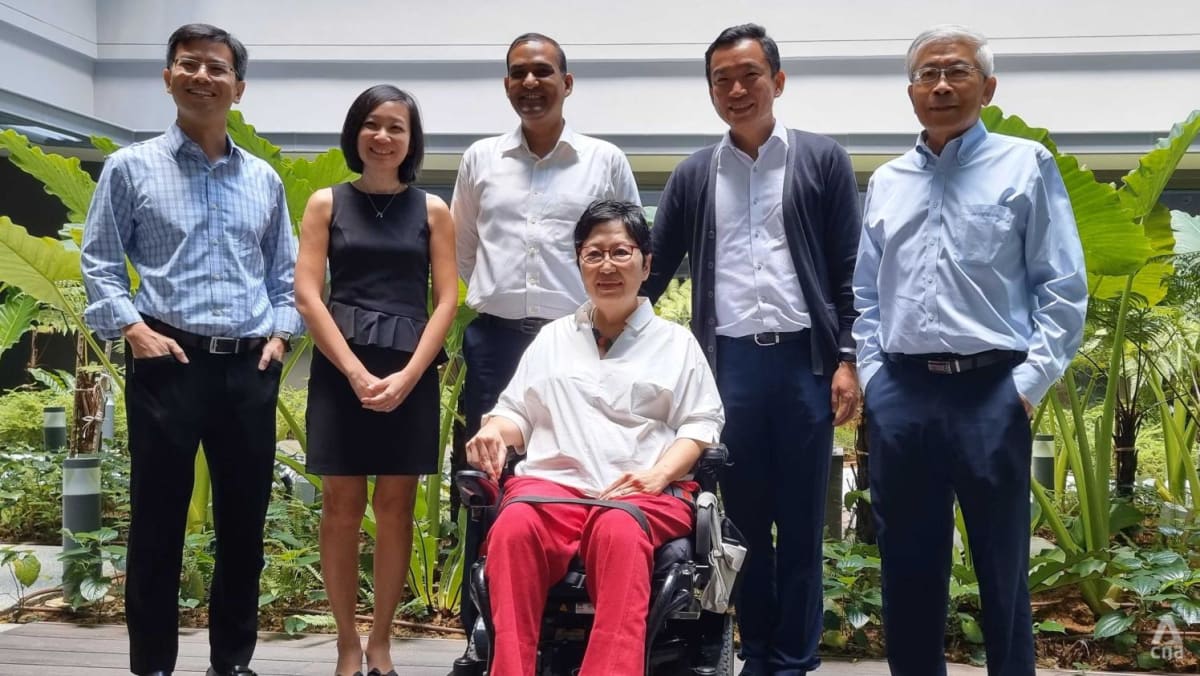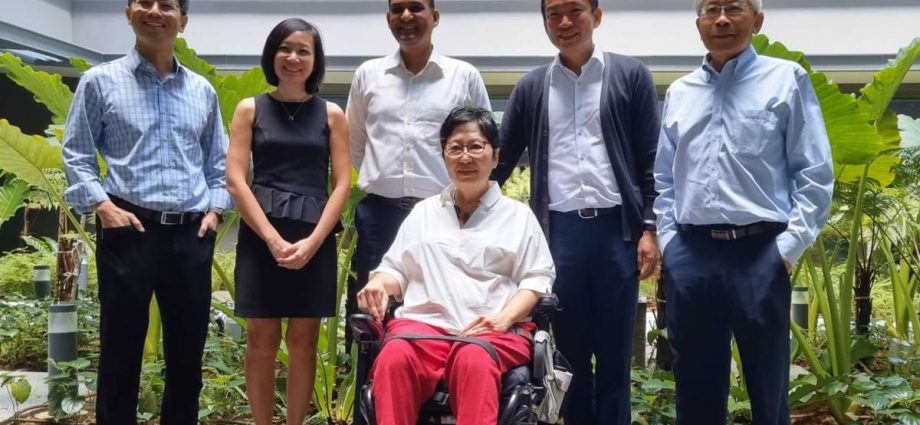
Senior Parliamentary Secretary for Social and Family Development Eric Chua, who co-chairs the steering committee that put together the masterplan, said that the committee had conversations with more than 300 PWDs, caregivers and professionals in the disability sector to find out what else can be done to help PWDs in Singapore achieve their potential.
These insights went into the eight-year plan, which is three years longer than earlier masterplans that were five years each in duration.
Mr Chua said that this allows the stakeholders to take a longer-term approach to the initiatives proposed.
“It doesn’t mean that the plan that we have announced today is going to be set in stone … In fact, we do see quite a bit of scope for us to evolve,” he said at the launch of the masterplan at social service agency AWWA’s new home and day activity centre which will start operations in September.
“I think things will change along the way … perceptions change and at the same time, technologies change as well.”
HELPING MORE PWDS FIND JOBS
He noted that the previous three masterplans have resulted in investment in early intervention and education for children with special needs, improving employment for PWDs, and that public transport infrastructure is now far more accessible for PWDs.
Building on that, the fourth masterplan will take a more comprehensive look at a PWD’s life journey, their quality of life and try to empower and enable them and their caregivers, he said.
For example, many were concerned about what happens to PWDs after they complete their education, and there were questions on how to assist PWDs to live more independently.
To address the former, the steering committee recommended expanding the range and capacity of services for PWDs after the age of 18, as well as better support for training, lifelong learning and inclusive employment.
The report also set goals which the committee said were “aspirational” in nature: One of which is to raise the proportion of PWDs in employment to 40 per cent, from the current 30.1 per cent.
This means matching jobs and providing employment support to about 10,000 more PWDs.
It will also look at enhancing support for them to work in jobs according to their interests and abilities, and develop alternative employment models such as micro-jobs.
Mr Gan Seow Kee, the vice-chair of the Singapore Business Federation and co-chair of the steering committee, said that it’s important to change employers’ and the public’s mindset that hiring PWDs is difficult.
Employers may not be aware that there are many support programmes available to companies, he said.
“We need employers to consider persons with disabilities as part and parcel of the total employee pool that’s available to them … that it’s not that big a hurdle to cross,” he said.
LIVE AND AGE IN THE COMMUNITY
To help them have more options for living in the community, MSF said it will work with the Ministry of National Development to design and implement alternative housing and care models that allow PWDs to live and age in place in the community.
This will help to address a key challenge identified in the masterplan – an ageing disability population.
MSF will also pilot Enabling Service Hubs in the community so that PWDs can have social and learning activities near them. For a start, there will be one hub, and more details will be announced later.

